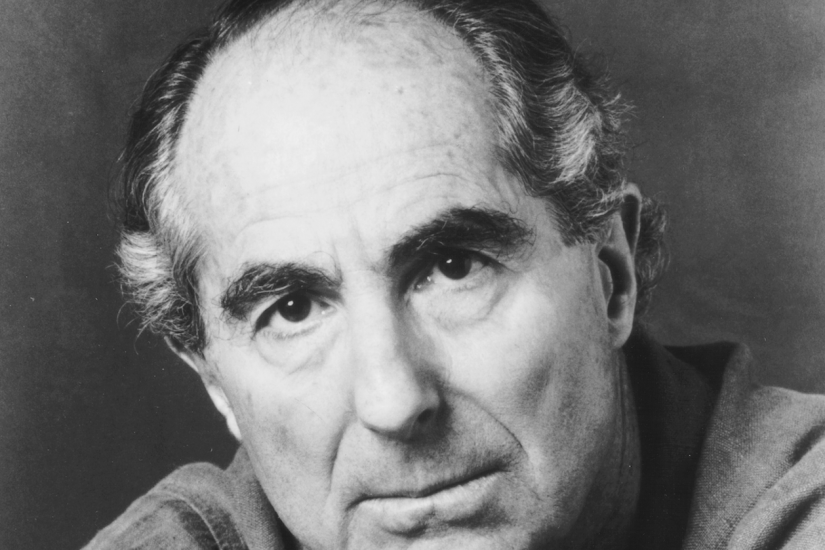Rather than assuming the male world as fixed, as many male writers have done, Roth’s work took masculinity as its topic and, intentionally or not, invited women to write back. Tributes emphasizing Roth’s status as the last of the literary lions with no “rightful successor” miss this. They celebrate his irreverence, but want someone new to write like him or with him, rather than against him. They ignore writers like Mary Gaitskill, coming of age in the post–sexual revolution world and grappling with how sexuality and power challenge our sense of ourselves as fixed and decent people. Or Anya Ulinich, whose recent graphic novel, Lena Finkle’s Magic Barrel (named for a story by Bernard Malamud, one of Roth’s models and mentors), contains a brilliant section in which the protagonist imagines her own romantic adventures being evaluated by Roth with a combination of bravura and self-deprecation Roth would certainly have appreciated.
Also ignored in most of the tributes is how, late in his career, Roth took on what may have been his most subversive and “anti-American” — in the best sense — topics of all: failure, aging, illness, and death. This happened not in the American trilogy, where nostalgia for the post–World War II era dulled his satirical edge, but in works like Patrimony, a nonfiction account of his father’s life, illness, and death, which ends with Roth cleaning up his father’s shit. Late works like Everyman and especially Sabbath’s Theater detail the costs of trying to live outside the traditional family in a culture without many viable alternatives, particularly when it comes to the care we need at the end of our lives. “Old age,” the narrator of Everyman reflects, “isn’t a battle: Old age is a massacre.” There are devastating portraits of how the cruises and art classes offered to the elderly fall far short of recompense for the loss of youth and health in a culture obsessed with avoiding frailty. This is where Roth departs most completely from Woody Allen, who presented a version of Roth in Deconstructing Harry more curdled and bitter than anything found in the work itself. When Roth’s older men follow their lust and disappointed ambitions, there is humiliation and pathos, not the increasingly ridiculous and horrifying fantasy fulfillment that became Allen’s shtick, if it hadn’t been all along.
The other big theme of Roth’s late work was the postwar history that shaped him. American Pastoral looks at the New Left through the eyes of a bewildered liberal father who can’t understand his radical daughter, I Married a Communist deals with how McCarthyism ruined the gentle hero of the narrator’s youth, and The Human Stain tells the story of an African-American professor who spent his career passing for white, set against the backdrop of the Lewinsky scandal.
